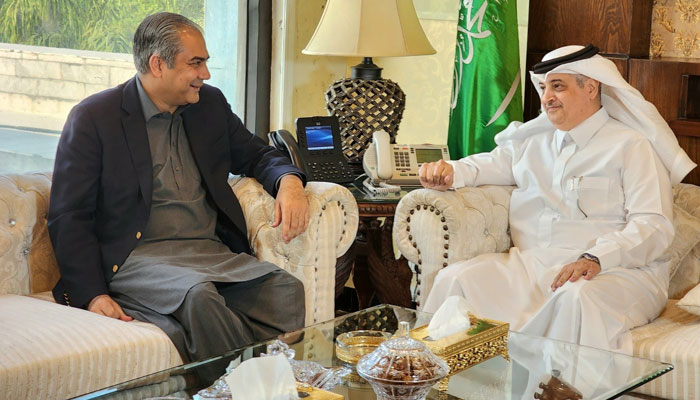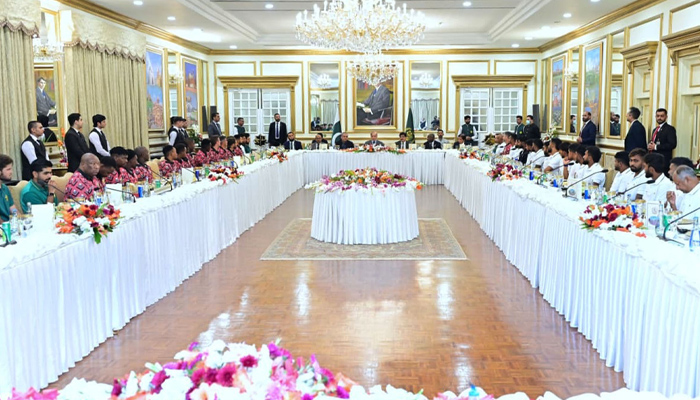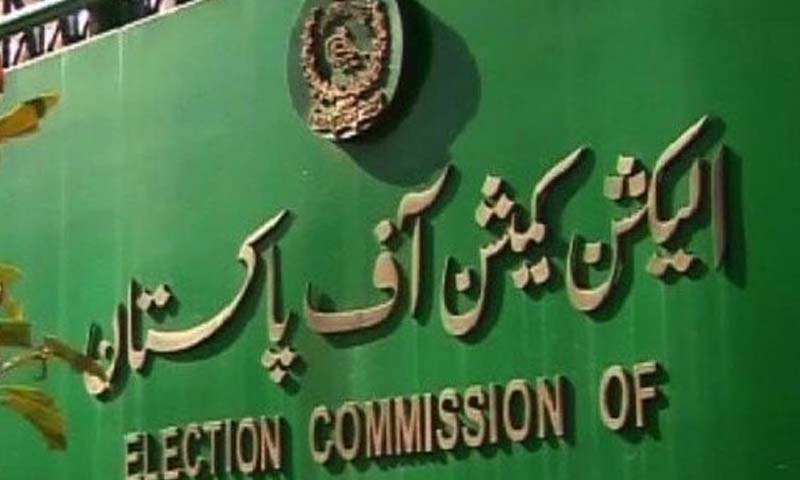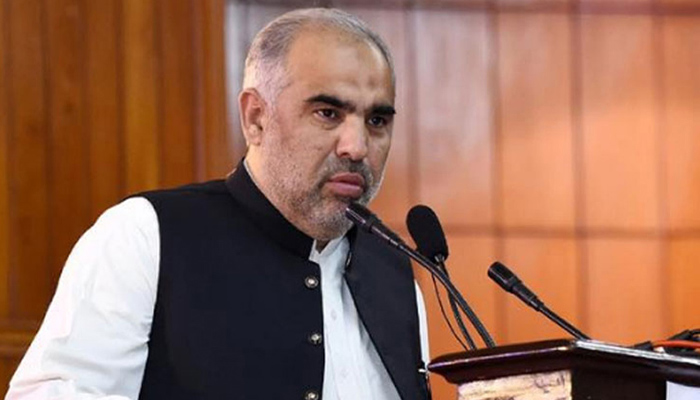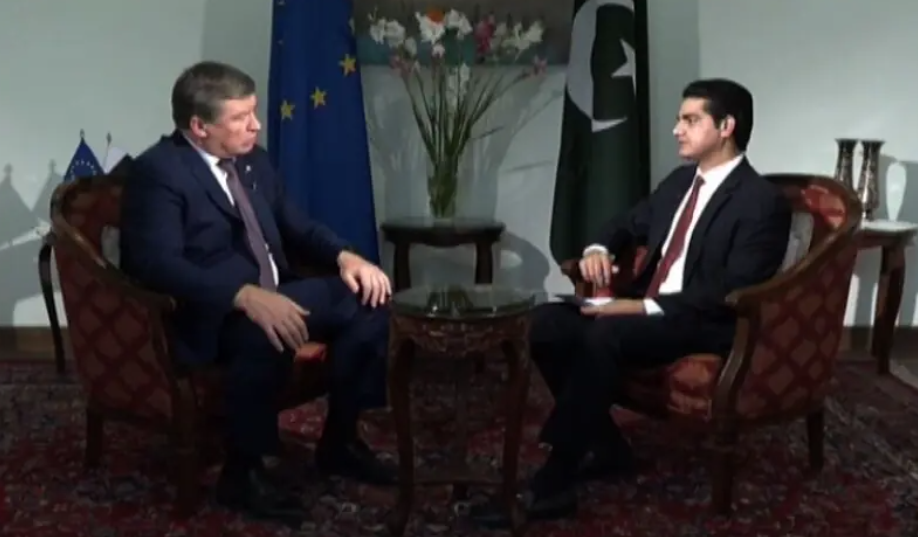POLITICS & POLICY MAKING
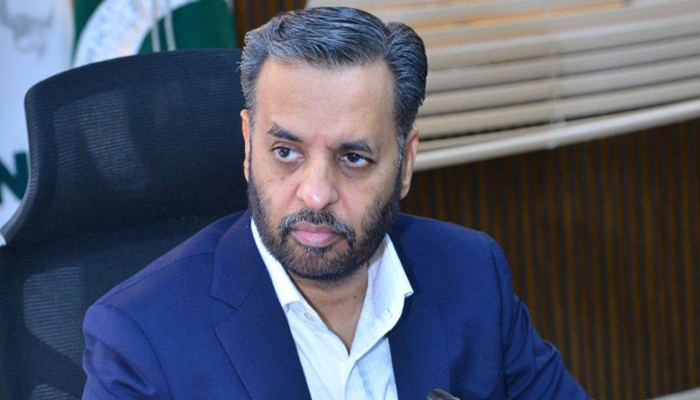
Federal Minister for Health and MQM leader Mustafa Kamal raised critical concerns regarding Karachi's financial and administrative challenges, calling for a constitutional amendment that could pave the way for the creation of new provinces. He emphasized the growing disparity between Karachi’s rightful share of resources and what it actually receives from the government.
Kamal's comments came in light of Karachi’s ongoing struggles with garbage collection and inadequate resources allocated to the city, which he argues is the responsibility of provincial authorities. He pointed out that the Sindh government has received a staggering Rs 2400 billion from the National Finance Commission (NFC) award this year. However, Kamal argued that Karachi, the economic hub of the province, has received an unfair share—less than Rs 100 billion, even though the city should have received Rs 800 billion.
Kamal questioned the provincial government's approach to managing resources, particularly in terms of the garbage crisis. He noted that the Chief Minister of Sindh was taking on the responsibility of garbage collection, a task he believes should not fall under provincial jurisdiction, especially when substantial federal funding is available.
The MQM leader also took a swipe at the Pakistan Peoples Party (PPP), accusing them of flip-flopping on important issues like agricultural tax. Kamal noted that while the PPP had long opposed the implementation of agricultural taxes, they were forced to relent after pressure from the International Monetary Fund (IMF), only for Asif Ali Zardari, a senior PPP leader, to announce the tax once again.
At the heart of Kamal’s statement is his call for the federal government to take responsibility for ensuring that Karachi receives its fair share of resources, which he believes is being blocked by the provincial leadership.
Further addressing the issue of province creation, Kamal stated that constitutional amendments can and should be made to address the legal and administrative challenges faced by Karachi. He stressed that the discussion around new provinces should not be reduced to political rhetoric but must be tied to the issue of giving the people of Karachi their due rights. Kamal suggested that if the government continues to deny Karachi its rightful share of resources, then it may be necessary to revisit the provincial structure through constitutional means.
Kamal’s remarks reflect a larger political frustration with the current governance structures in Sindh, especially in Karachi, which is considered the economic powerhouse of Pakistan but often sidelined when it comes to resource allocation.
The call for a constitutional amendment to address these grievances comes amid growing concerns over Karachi's governance and its inability to address the city’s mounting problems, including urban flooding, infrastructure decay, and waste management issues.
As discussions around new provinces and the equitable distribution of resources continue to gain momentum, Kamal's statement is likely to further fuel the debate over decentralization and the need for reforms that better serve Karachi’s interests.
